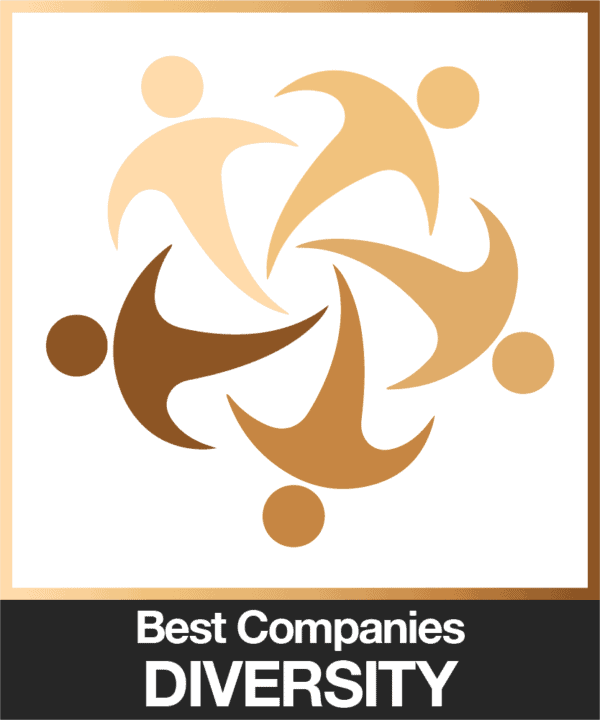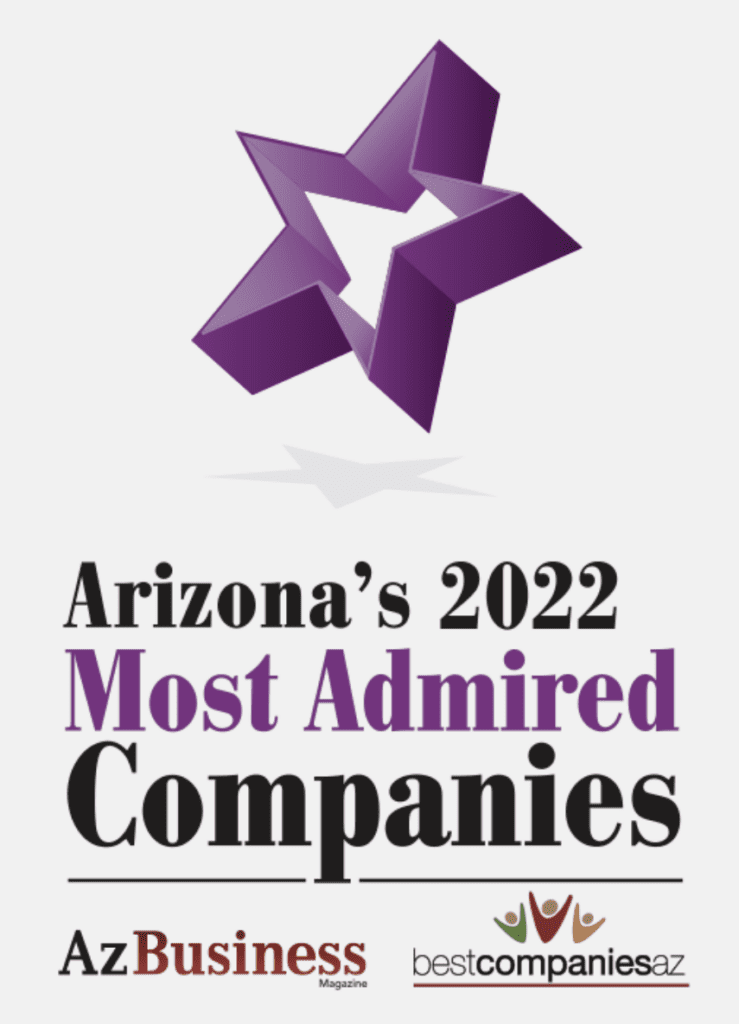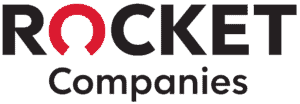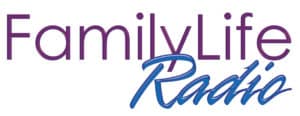Part four of an HR: Focus on Hiring series of articles.
- Part two: Deciphering Education and Certifications
- Part three: Pre-Employment Background Checks: What Employers Should Know
Companies strive to find the most effective ways in which to measure a potential candidate’s “fit” for an open position.
Each test, each assessment, each interview is calculatedly given in order to determine the probability that the particular applicant will be a) successful and b) long-term. One factor in evaluating a long-term fit is assessing whether or not an employee will be happy in a certain position (if they are happy, they are more likely to stick around).
Happiness in this case would be defined as having a personality or behavioral tendencies that are in line with the duties of the position. For example, if the job were an Accountant, you would want someone with a personality that fits an ideal employee in that position – i.e. highly-detailed, reserved and by-the-book. It doesn’t mean that a highly energetic, unorganized person couldn’t be a successful accountant, just that the probability of success is increased when certain factors are considered.
Employee Characteristics That Determine Success
Pre-employment personality tests should not be the only deciding factor when evaluating an applicant. Possessing the ideal characteristics for a certain position is only one piece to the puzzle. Experience, intelligence/ability and motivation all play equally important parts in determining the odds of hiring a future star performer. Tests for personality fit should be done in conjunction with other pre-employment assessments.
Before we look at different types of pre-employment personality testing, what exactly constitutes personality for the purpose of job placement? Characteristics that impact the level of performance and attitude required to achieve high productivity in a certain role would be definitive of “personality” in these instances. There are a variety of these traits that a potential employer can reliably measure to determine position to candidate compatibility. Examples of these would be temperament, creativity, adaptability and sociability.
Each of these traits contributes to a factor that is related to job performance. Recruiters or hiring managers assess how each trait positively or negatively impacts the performance feature taking into considerations job duties and parameters. For example, when assessing a candidate’s determination and strength of mind, you are essentially looking at their leadership skills, whether or not they are goal-oriented, and what their long-term potential for advancement might be in this role or in the future for your company.
Other examples of this type of deductive reasoning include:
Ideal work environment and position duties
By assessing under what conditions the candidate works best and what job duties best suit their personality you will be able to determine the likelihood the candidate will be highly detailed, process oriented, adaptable to change or perhaps whether some micromanaging may be necessary.
Attitude and overall outlook
You can deduce from this how a candidate may deal with stressful situations or by their introversion/extroversion how well they might work with others. Insight can also be drawn into whether they are empathetic, adaptable, resistant to leadership or overly emotional.
Intelligence and thought processes
The type of “thinker” a candidate is will be important when making a candidate to job match. Assess on levels of creativity, ability to think outside the box, analytical skills, etc. The way a candidate solves a problem can also be another way to tell how they deal with pressure.
Take note that with the ability to identify these traits and tendencies, there are disadvantages associated with this kind of testing. Explore all pros and cons prior to inserting any new steps into current recruitment practices.
- Time consuming: If you already have a lengthy recruitment process, these assessments can become time consuming. Choose wisely the length of evaluation you will have time for, as well as at what stage in the candidate selection process you will implement this testing.
- Costly: If your organization is in a major budget crunch, analyze the overall need for adding this step to your screening process. Certain desired results may outweigh the cost of implementation (i.e. high turnover, low employee job satisfaction).
- Training: A combination of cost and time, training is needed on most personality assessments. Recruiters/hiring managers will need to be trained on administering tests, analyzing results and giving advice on hiring decisions based on testing results. If used for employee development, understanding how one type can conflict or work cohesively with another type is essential. Depending on the complexity of the system or program, training can be extensive and costly.
- Interviewing: Consider the idea that the personality best-suited for your open position may not be the best interviewer. A position requiring someone that is reserved, meek and administrative will not have candidates matching the profile who come into an interview outgoing and ready to sell themselves. When using these types of evaluations as a disqualifier in recruitment, be sure to keep in mind these variations during the face-to-face interview portion of the hiring process.
- Improperly Disqualifying: Disqualifying high quality candidates can be a consequence of misreading or misunderstanding test results. Utilizing results as an ultimate disqualifier without weighing other test results or factors can also contribute to this. Be aware that extensive research should be taken to ensure that any test you implement will not have an adverse impact on candidate selection. Adverse impact is defined as a substantially different rate of selection in hiring, promotion or other employment decision which works to the disadvantage of members of a race, sex or ethnic group.
With pros and cons weighed, if you decide pre-employment personality tests are for your company, you will find yourself next looking for the right assessment tool to use. Though there are hundreds, if not thousands, of testing options, five widely known assessments are listed below with excerpts from their respective websites.
Pre-Employment Personality Tests
Predictive Index: The Predictive Index® System is a powerful process that combines behavioral assessment with world-class training and consulting. At the core of the process is the Predictive Index® (PI®) assessment tool. Developed in 1955, PI helps managers identify the motivations and drives of their people. This insight provides managers with invaluable information for improved employee retention, coaching, leadership development, talent management, team performance and more. The Performance Requirement Options™ (PRO) profiles the behavioral requirements needed for optimal job performance. Working together, these tools ensure a strong job fit.
Myers-Briggs: The purpose of the Myers-Briggs Type Indicator® (MBTI®) personality inventory is to make the theory of psychological types described by C. G. Jung understandable and useful in people’s lives. The essence of the theory is that much seemingly random variation in the behavior is actually quite orderly and consistent, being due to basic differences in the ways individuals prefer to use their perception and judgment.
Kolbe: Kolbe makes finding the right person for the job easier and far less expensive than traditional selection methods. We provide “the missing link” in the hiring process: the rating of candidates based on their natural instincts.
DiSC: DiSC® is a personal assessment tool used by over 40 million people to improve work productivity, teamwork and communication. DiSC is non-judgmental and helps people discuss their behavioral differences.
Benziger: The Benziger Thinking Styles Assessment (BTSA) is a powerful state-of-the-art tool which has proved itself to be highly effective in a wide range of areas which involve assisting people to improve their self-management skills, general effectiveness and collaborative capabilities. In the world of business and in the world of therapy or counseling, professional trainers, managers and counselors are excited about the results they have been getting.
The value of utilizing personality assessments is not limited to the pre-employment process. This kind of testing also applies to post-hire employee development, affording insight into job satisfaction, development potential and other metrics affected by personality type. Whether pre-employment, post-employment or both, be sure to do your research before implementing new testing procedures. Make sure the type of personality testing is right for your company and the types of positions that you hire. If you feel you are able to self-criticize fairly objectively, try a few free tests to see how close they come to analyzing you and a few other colleagues, using that feedback to aid in selecting the proper assessment tool.




















